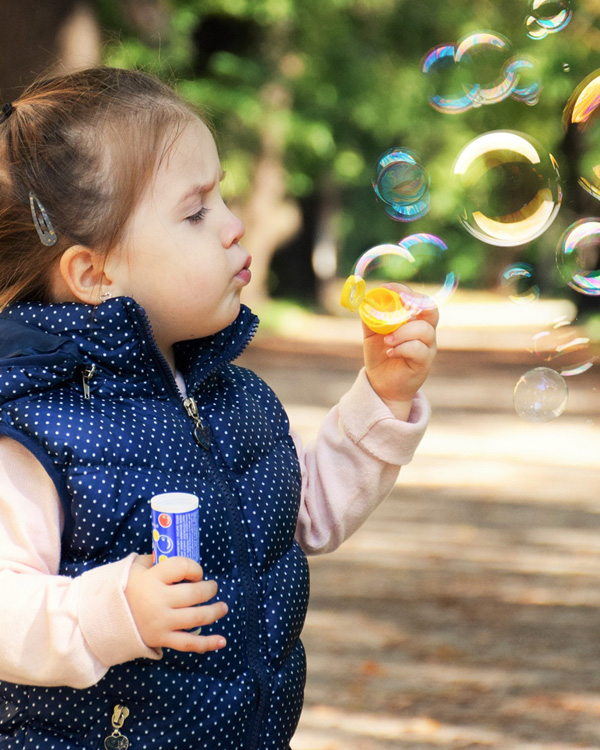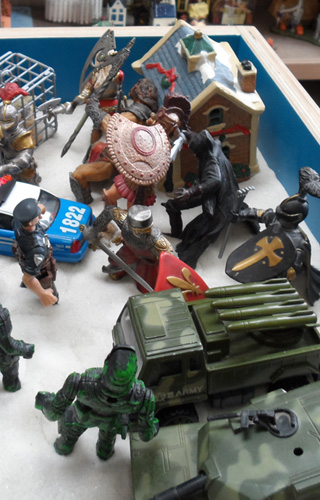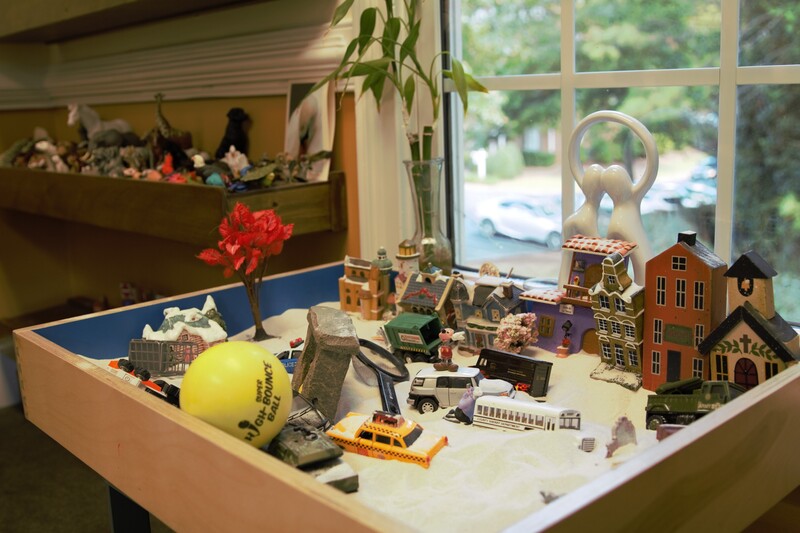(ages 6-10)
Child Therapy

Play therapy is a therapeutic approach that is natural, organic and goes straight to the heart of how children learn, grow, work through issues, and communicate express their feelings.
“Play is the language of children and toys are their words.” Gary Landreth, Ed. D., LPC, RPT-S
Play therapy has many benefits: communicating with others, expressing feelings, supporting new behaviors, building problem solving skills, social skills, and releasing and healing trauma in a safe and protective environment with a therapist who is in presence, attuned, and resonating with the child.
My framework in play therapy is interpersonal neurobiology, relational, and attachment focused. The therapeutic approach can be directive or nondirective depending on the needs of the child. I use an experiential and child centered approach. As well as growth mindset or cognitive behavioral approach for a more directive approach to skill building.

A play therapy environment in my practice includes a play therapy room where children will find house, school house, hospital, airport, trains, cars, puppet play, costumes, as well as, board games or card games, sand tray, and art tools. There are different safe spaces for calming and soothing as well as bop bag, a swing and ladder to climb and hang for movement of the body that supports grounding, self-regulation, and coregulation for sensory processing and integration of left and right hemispheres.
Play therapy has many benefits: Communicating with others, express feelings, supporting new behaviors and actions, building problem solving skills, social skills, and releasing and healing trauma in a safe and protective environment with a therapist supporting coregulation throughout the play.
“Healing is already inside all of us whether we are children, adolescent or adults.”
“We are always moving forward and towards growth.”
We all need to be seen and heard without judgment but with compassion to all are parts that we avoid, reject, and dislike. Healing happens when we can bring all our parts into integration.
When children begin therapy, it is always encouraging and supportive to healing and change when parents connect with their children through play with their child in order to reinforce the healing and new skills. The work of the parents is just as important to the work that happens with the child in play therapy. It is always recommended that parents participate in family play therapy or that parent participate in their own therapy for their own healing and develop their own skills in communication, working through their own feelings, and learning to attune and resonate with their child. Each child is different and needs are different so we have to see and be with each of our children in their own way.
Children Served
I primarily work with children who have anxiety and depression or have experienced trauma. Due to my current virtual work I may not be able to meet every child’s needs over telehealth at this time therefore we will need to assess first whether virtual work will be enough support or in person will be better.

It can be frustrating for parents when children in therapy sometimes get worse before they get better because the way that healing happens is not a linear process to the end result. The healing happens in swirls and circular spirals moving upward at the end. Life is that way for all of us as it is for children so behaviors change in time and with deep dives into deeper challenges and then stabilize and some more deeper dives and then back up into stabilizing and healing.
It is important to understand that when children are in therapy, it is a place where they can feel safe to open up and that requires dropping parental expectations and control of a child’s therapy sessions. Parents need to let go of how and what children need to talk about and expectation of results right away, or expectations of meeting goals to make parents feel good. It is in the best interest of the child to feel the power within themselves to address the obstacles and challenges and meet them at their own pace. To be the hero of their own story. Healing and learning depending on the challenges and issues will take time and patience for the psyche, emotions, and the body to move in a certain direction depending on the challenges and issues.
Currently I am providing virtual play therapy using sand tray and art as an expressive therapeutic approach.

